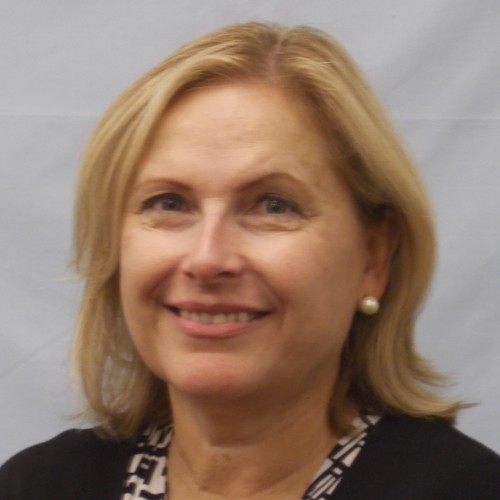Culture is your organization’s most valuable asset
Executives often look to the business and service models of companies outside their own industries for inspiration and lessons (e.g. Apple, Southwest Airlines, Starbucks) and senior living executives are no exception. A couple hundred of them did just that at Senior Living 100, a thought leadership conference held earlier this month in San Diego.
There, Chip Conley, a hotel industry entrepreneur, shared his company’s dramatic rise, precipitous fall and hardscrabble climb back to success, and the valuable insights he learned along the way.
Conley was flying high back in the late ’90s with his upstart boutique hotel company. Joie de Vivre Hotels had taken the San Francisco area by storm with its trendy boutique hotels and Conley was poised to expand. Then, a series of calamitous events—9/11, the dotcom bust, the rise of third-party hotel websites—sent revenues into a downward spiral.
Conley spent months analyzing his business and industry, desperate to save his company and support his workforce. One day he visited a bookstore, looking for guidance in the business section. Uninspired, he made his way to the self-help area, where renowned psychologist Abraham Maslow’s writings on man’s hierarchy of needs attracted his attention. Conley experienced an “aha” moment, and over the next months reimagined his company’s culture and service model based on Maslow’s theory.
Conley learned that “a great business leader deeply understands the motivations of his employees, customers and investors” and that “a great leader knows how to tap into one’s potential and actualize it into reality.”
Theories are well and good but what can a LTC provider experiencing declining occupancies and rampant staff defections learn from them?
Plenty, says Conley. Applying Maslow to a company or organization, you start by satisfying basic needs; in this case, you satisfy your employee's need for income and your client's need for basic care services. But once you move beyond meeting those basic needs, you should be striving to meet desires and finally unrecognized needs or “peak experiences” that ultimately lead to “peak performance.”
“Address your employees’ survival needs but remember that helping your people move from job to career to calling will serve both them and your business well,” says Conley. “We had to ask ourselves, which asset does the hotel industry value more? Pay is average but we’re often more concerned about stolen hangars than employees.
“Employees need recognition; it’s a gift that doesn’t need to cost a thing,” says Conley. “You need to create a great company culture that drives employee satisfaction.”
Likewise, with customers, strive to move beyond fulfilling basic needs to meeting desires and unrecognized needs. For Conley’s hotel company, once basic needs were met (a clean, safe room), they were able to concentrate on creating solutions that would make their customers feel like VIPs to then identifying with the aspirational culture of a particular hotel.
Ultimately, says Conley, a successful business/service model looks like this:
- Creating a unique corporate culture
- Building an enthusiastic staff
- Developing strong customer loyalty
- Maintaining a profitable and sustainable business
“Culture is your most valuable asset,” says Conley. “It’s ‘the way things are done around here.’ Be conscious of your culture and invest in your culture. And dare to be different with your customers.”
Joie de Vivre Hotels recently celebrated its 20th anniversary. Today, Conley oversees 40 award-winning hotels, spas and restaurants with nearly $200 million in annual revenues. He was named the “Bay Area’s Most Innovative CEO” in 2007 by the San Francisco Business Times. Applying Maslow’s principles paid off for Conley. Perhaps they’ll pay off for your organization.

Patricia Sheehan was Editor in Chief of I Advance Senior Care / Long Term Living from 2010-2013. She is now manager, communications at Nestlé USA.
Related Articles
Topics: Facility management , Leadership











